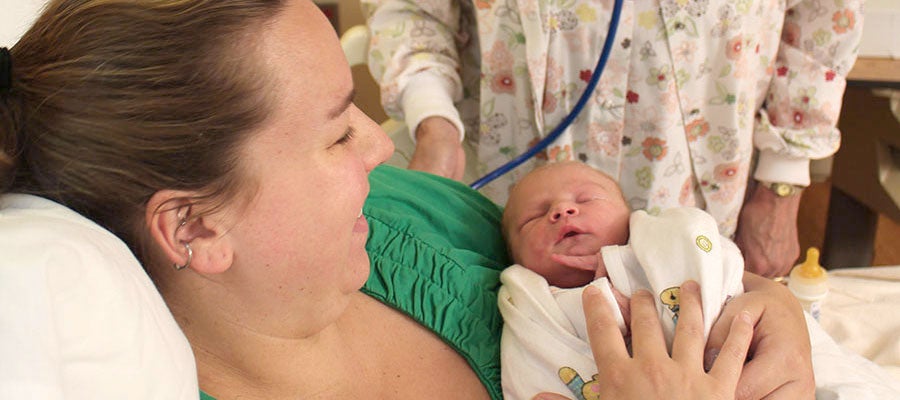In this podcast marking Mental Health Awareness Month, Shane McGuire, CEO of Columbia County Health System in Dayton, Wash., discusses the hospital district’s collaborative work with the University of Washington’s psychiatry program and its Advancing Integrated Mental Health Center, which focuses on creating care models between primary care providers and their mental health care counterparts.






